MQA has gone into administration: what does this mean for Tidal and supported products?
MQA’s recent struggles could have far-reaching industry implications
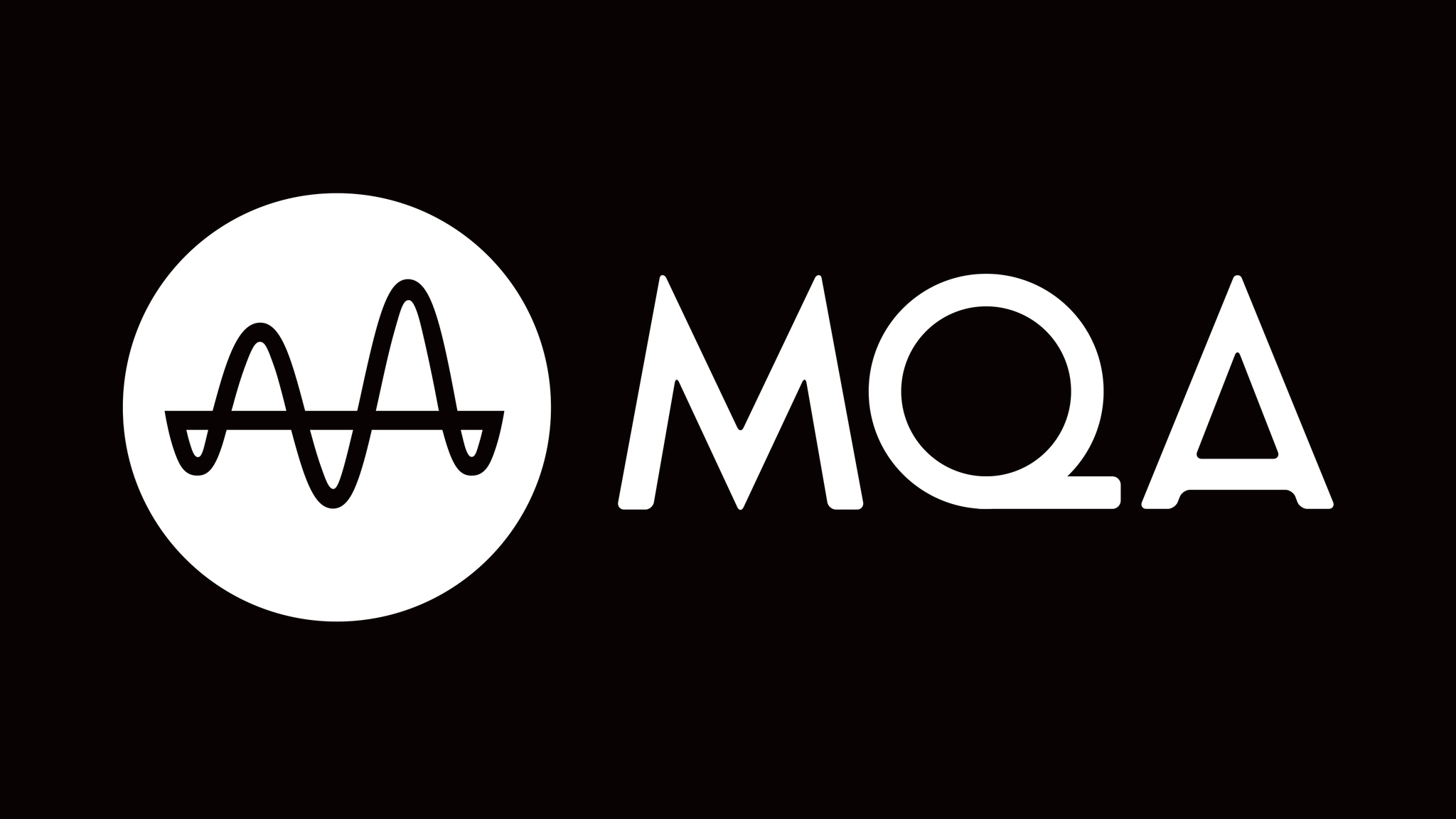
The recent announcement that MQA Ltd. has entered into administration has been one of the most significant news stories of the year so far within the world of audio tech. As a result of the company’s main financial backer looking for a way out of its investment, MQA has been plunged into the uncertain waters of administration as it looks for a way out of what is unquestionably an unenviable financial situation.
The news has implications that reach far beyond the company itself and has raised important questions regarding the future of MQA, its software and the platforms and brands that currently use it. In order to understand the potential effect this restructuring could have on the industry, it’s important to look back at the events themselves, why they have occurred, and what the future holds for MQA and the industry at large.
What is MQA?
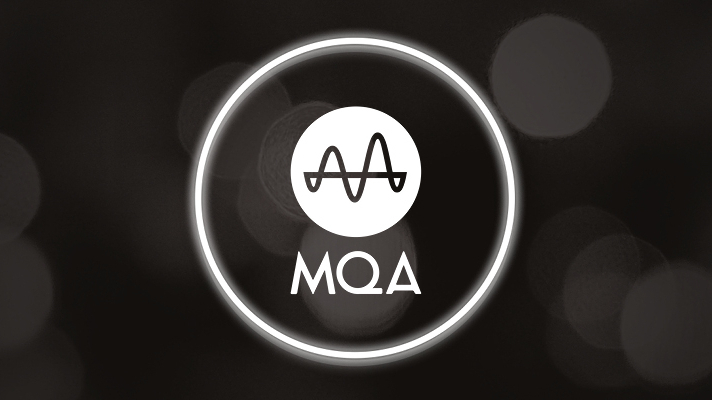
MQA stands for Master Quality Authenticated and, put simply, is a means of digitally capturing and storing original master recordings as files that are sufficiently small and convenient to be then streamed or downloaded without the usual loss in fidelity usually experienced with compressed audio files. MQA also paid particular attention to the time domain behaviour of its files. This means using proprietary compression to essentially ‘fold’ sound to make it streamable and then, via MQA-certified hardware or software, ‘unfold’ it again so that it can be heard.
MQA's tracks use a comparable bandwidth to that needed to stream CD-quality audio. Tidal, incidentally, is the only streaming service that features MQA and uses it for its high-resolution catalogue of Masters tracks, something that we'll explore in more depth below.
What has happened, and why?
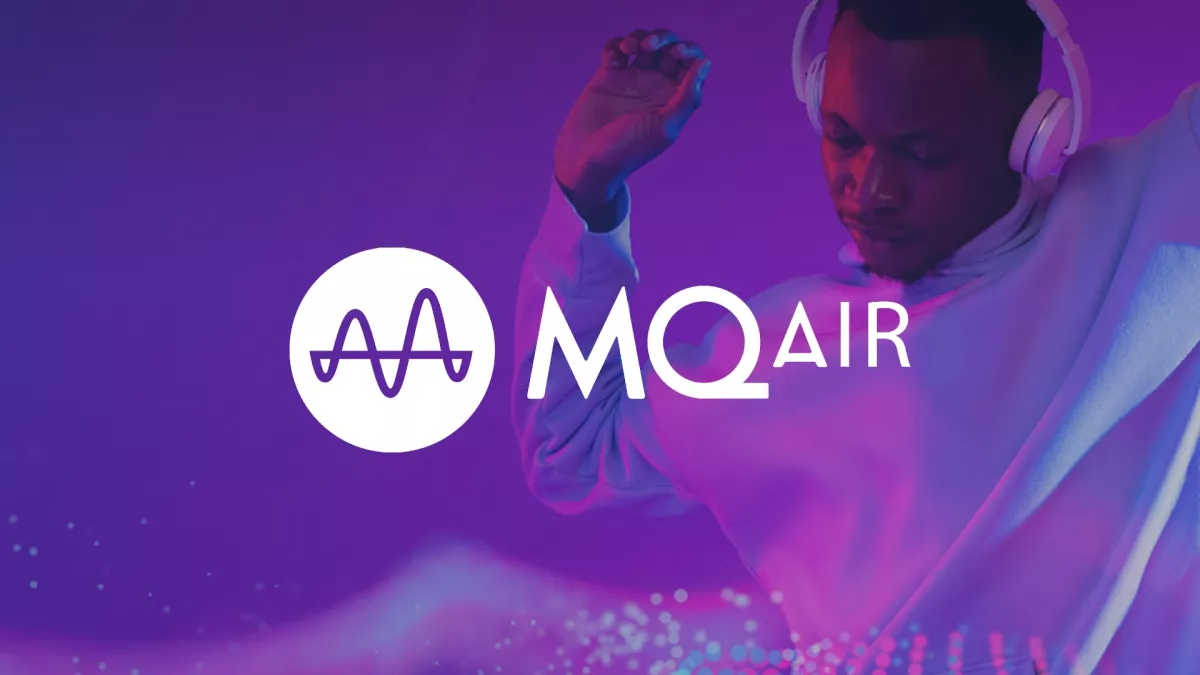
On April 6, 2023, the company owning the MQA license, currently trading as MQA Ltd. (we're using the term MQA interchangeably), announced via a statement that it was entering administration, the UK equivalent of filing for Chapter 11 bankruptcy in the United States. This was brought about as “MQA’s main financial backer is seeking an exit”, meaning that the company is now left seeking a replacement to fill the void left after the loss of a major investor.
This, it should be pointed out, is distinct from liquidation in which a company’s assets are broken up and sold to raise profits, usually as part of an end-of-life bid to raise capital. MQA Ltd., for now, is still a fully operational brand as it continues to trade and negotiate a route forward.
The big question, then, is why this has happened. The withdrawal of MQA's key backer, Reinet Investments, has obviously had a significant impact on the company's financial situation, even if the reason for this exit remains unclear. Reports suggest that the company was facing considerable monetary struggles which may have prompted its backer to depart, with reported losses in 2020 and 2021 probably not doing much to promote investor confidence.
Get the What Hi-Fi? Newsletter
The latest hi-fi, home cinema and tech news, reviews, buying advice and deals, direct to your inbox.
Who uses MQA, and who could be affected by the news?
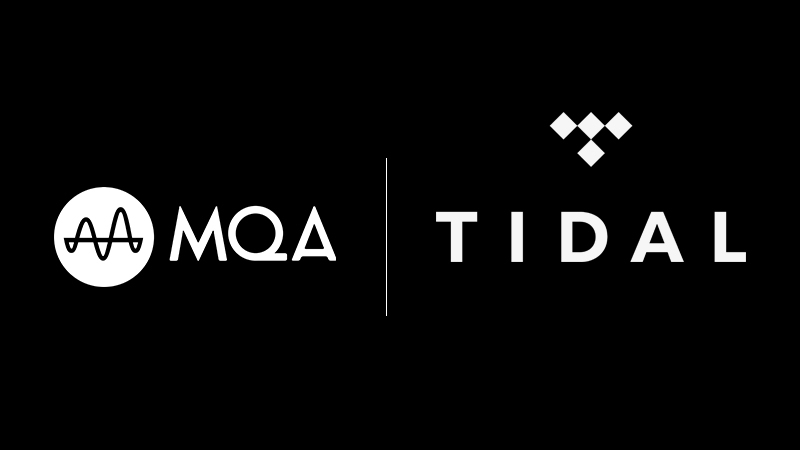
So why is this such a big deal for the industry, and who stands to be affected most? One of the platforms potentially hit hardest by the news could be our favourite streaming service of them all, Tidal. Tidal was the first service to offer hi-res audio streaming courtesy of its early adoption of MQA technology, its Tidal Masters growing into a catalogue of millions of high-resolution tracks for its HiFi Plus subscribers to enjoy.
However, in a recent AMA (ask me anything) Reddit session, Tidal CEO Jesse Dorogusker answered numerous queries about the company's future plans for MQA and hi-res audio. According to Dorogusker: “We will be introducing hi-res FLAC for our HiFi Plus subscribers soon. It's lossless and an open standard.” With Tidal now moving to FLAC support for its HiFi Plus tier, this seems to indicate that the platform has no need for MQA files as well. A Tidal spokesperson assured us that “our existing MQA catalogue will continue to be available on the platform”, but didn’t specify for how long that would continue. Either way, current HiFi Plus users appear to have the option of switching between the two “flavours” of hi-res support depending on their preference.
Things get more significant when you realise that brands manufacturing Tidal-compatible, and thus MQA-compatible products, could also be affected. Manufacturers of hardware capable of decoding or ‘unfolding’ MQA file streams, such as the Bluesound Node streamer or Cambridge Audio DacMagic 200M DAC, could be impacted if Tidal chooses to abandon MQA entirely. In short, there'll be less incentive for companies to produce MQA-compatible software or hardware. It’s also true that the record labels themselves have the encoding tools and deliver direct to Tidal, implying that it would be up to the labels as to if and when MQA was no longer viable.
The implications go further still. In 2016, Warner Music Group signed a licensing deal with MQA in order to provide hi-res music to users worldwide and facilitate WMG’s artists to have their recordings provided in high quality. WMG is far from the only company to have signed a deal, with MQA currently holding over 130 licensing agreements of a similar kind. The causal ripples go out far beyond the shores of Tidal's own particular island.
Stuart George, Cambridge Audio’s CEO, took a measured approach when we asked him about MQA’s recent turbulence: “Cambridge Audio always strives to provide customer choice with the widest range of support for all streaming services,” he said. “Our Evo 75, Evo 150 and DacMagic 200M are all MQA enabled. It’s a shame to see MQA facing challenges right now, so we’re watching with interest to see how things evolve.”
What does the future hold?
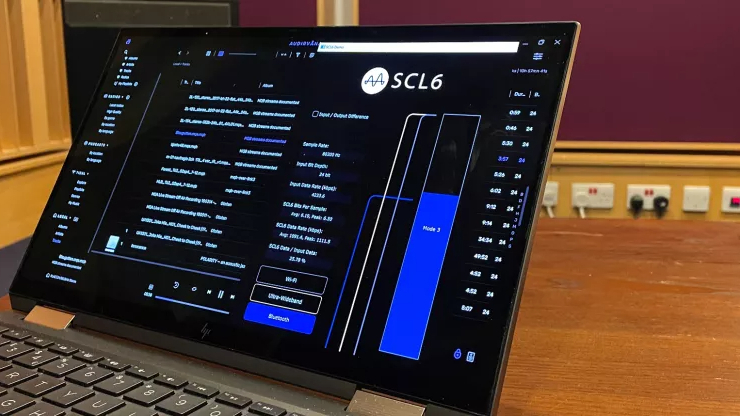
One of the many business euphemisms that has resurfaced repeatedly during the coverage of MQA’s troubles has been talk of “restructuring”. What this could potentially boil down to, massive financial and administrative complexities aside, is whether MQA will sell the rights to its SCL6 codec in a bid to bring the overall company back to solvency. This is a question, incidentally, that might not apply should MQA Ltd. find a new buyer in the meantime.
The answer to that question, sadly, is tricky. Due to complex corporate law, administrators should make sure that the division of assets is equitable to all current stakeholders, meaning that pieces of the company can go on sale without buyers having to take on other unwanted liabilities or aspects of the business. If someone wants to buy the rights to SCL6, for instance, they could do so without having to take on the rest of MQA, an attractive proposition for buyers but a potential risk for MQA Ltd. which may end up as a hollow shell stripped of its most potentially valuable asset.
At the time of writing, we can't be sure how Tidal will respond to the MQA news, but the announced move to FLAC for its Hi-Fi Plus tier isn't good news for MQA. In fairness, Tidal hasn't given a specific date for FLAC's introduction, and the company's statement that the existing MQA catalogue “will continue to be available on the platform” indicates that MQA hasn’t simply been dropped immediately from the service. It’s hard to escape the conclusion, however, that with FLAC now in the picture, there may not be room for two hi-res audio file formats in the long term.
The number of hardware manufacturers supporting MQA, as listed on the company’s website, is extensive, featuring the likes of Astell & Kern, FiiO, Sony, Cambridge Audio and JBL (although supported products vary). For those companies, it’s currently up in the air as to where MQA Ltd. will be, what the rights agreements to the software are, and whether or not the company will exist in the same form in the coming months and years. The same goes for the companies (not disclosed) that were in talks with MQA over deals for SCL6-compatible products. Again, with Tidal now willing to incorporate FLAC, the incentive to keep MQA has diminished significantly.
This is all currently conjecture. We can speculate as to the next move of MQA Ltd.’s administrators, the companies that hold agreements with it and the fate of its assets and licenses, but from an outsider’s perspective, all we can do is make educated assumptions as to what could happen next. Whether Tidal will ditch MQA entirely, or SCL6 will be sold off to raise funds – or even whether MQA Ltd. will simply be broken up entirely – all remains, at the moment, to be seen.
MORE:
Not convinced by Tidal? Here’s all of the hi-res services compared
Not clear about SCL6? Here’s everything you need to know
Check out our first impressions of SCL6

Harry McKerrell is a senior staff writer at What Hi-Fi?. During his time at the publication, he has written countless news stories alongside features, advice and reviews of products ranging from floorstanding speakers and music streamers to over-ear headphones, wireless earbuds and portable DACs. He has covered launches from hi-fi and consumer tech brands, and major industry events including IFA, High End Munich and, of course, the Bristol Hi-Fi Show. When not at work he can be found playing hockey, practising the piano or trying to pet strangers' dogs.
-
hotelbar I am in the market to replace my Schiit DAC and as a long time Tidal subscriber I was naturally heading toward a device with MQA decoding. In my research I came across two videos on YouTube posted by GoldenSound titled "I published music on Tidal to test MQA" and "MQA Deep Dive Part 2.Reply
It seems that MQA, in my opinion, is criminally negligent due to its claims of Lossless or Lossless equivalent streams. MQA is peddling snake oil and now Tidal is, belatedly in my opinion, reverting to true lossless.
I am also quite miffed that WHAT HI FI have omitted any reference in this article that MQA is, quite likely, misleading marketing BS.
My first choice DAC, the Hip-Dac2 by IFI is available on Amazon but interestingly listed as Sold Out on the IFI website. Could this be related?
Oh well, I will be shopping for a DAC that is not MQA enabled and I will wait to upgrade my Tidal until they are offering Lossless.
Watch the GoldenSound videos and form your own opinion! -
tamefox Reply
Maybe you should also point people to the mqa replyP sounds test was deeply flawed... Go to the 2L Norway site and do some comparison listens on mqa equipment. If you can't hear the difference then dont waste your money on any kind of expensive DAC.hotelbar said:I am in the market to replace my Schiit DAC and as a long time Tidal subscriber I was naturally heading toward a device with MQA decoding. In my research I came across two videos on YouTube posted by GoldenSound titled "I published music on Tidal to test MQA" and "MQA Deep Dive Part 2.
It seems that MQA, in my opinion, is criminally negligent due to its claims of Lossless or Lossless equivalent streams. MQA is peddling snake oil and now Tidal is, belatedly in my opinion, reverting to true lossless.
I am also quite miffed that WHAT HI FI have omitted any reference in this article that MQA is, quite likely, misleading marketing BS.
My first choice DAC, the Hip-Dac2 by IFI is available on Amazon but interestingly listed as Sold Out on the IFI website. Could this be related?
Oh well, I will be shopping for a DAC that is not MQA enabled and I will wait to upgrade my Tidal until they are offering Lossless.
Watch the GoldenSound videos and form your own opinion! -
GSV Ethics Gradient Reply
Language please - it seems to me that the comment you object to was just flippancy. Please refer to forum rules - civil discourse is expected here.tamefox said:Pointless comment. -
martinhifi Reply
i did see both videos, they are convincing, beyond any doubt, the idea that u can “fold” music, or any type of data, without a loss is a lie, it’s a scam, i deleted my tidal acco7nt and moved to qobuz who REALLY provide high res tracks, Tidal simply didn’t. MQA is also immoral because they are because ing owners of those tracks, music should not be privatized. i like to think that this is why MQA is done, but it’s probably just bad management.hotelbar said:I am in the market to replace my Schiit DAC and as a long time Tidal subscriber I was naturally heading toward a device with MQA decoding. In my research I came across two videos on YouTube posted by GoldenSound titled "I published music on Tidal to test MQA" and "MQA Deep Dive Part 2.
It seems that MQA, in my opinion, is criminally negligent due to its claims of Lossless or Lossless equivalent streams. MQA is peddling snake oil and now Tidal is, belatedly in my opinion, reverting to true lossless.
I am also quite miffed that WHAT HI FI have omitted any reference in this article that MQA is, quite likely, misleading marketing BS.
My first choice DAC, the Hip-Dac2 by IFI is available on Amazon but interestingly listed as Sold Out on the IFI website. Could this be related?
Oh well, I will be shopping for a DAC that is not MQA enabled and I will wait to upgrade my Tidal until they are offering Lossless.
Watch the GoldenSound videos and form your own opinion! -
Not Sure Reply
Is there no 'thumbs-down' button for comments like this???tamefox said:Maybe you should also point people to the mqa replyP sounds test was deeply flawed... Go to the 2L Norway site and do some comparison listens on mqa equipment. If you can't hear the difference then dont waste your money on any kind of expensive DAC. -
Not Sure I note in the article that MQA was a choice for Tidal users, well I never saw that it was.Reply
If so, I'm re-subscribing!
I cancelled a whole family subscription over MQA - and YES, I have a system I believe is capable of telling the difference.
